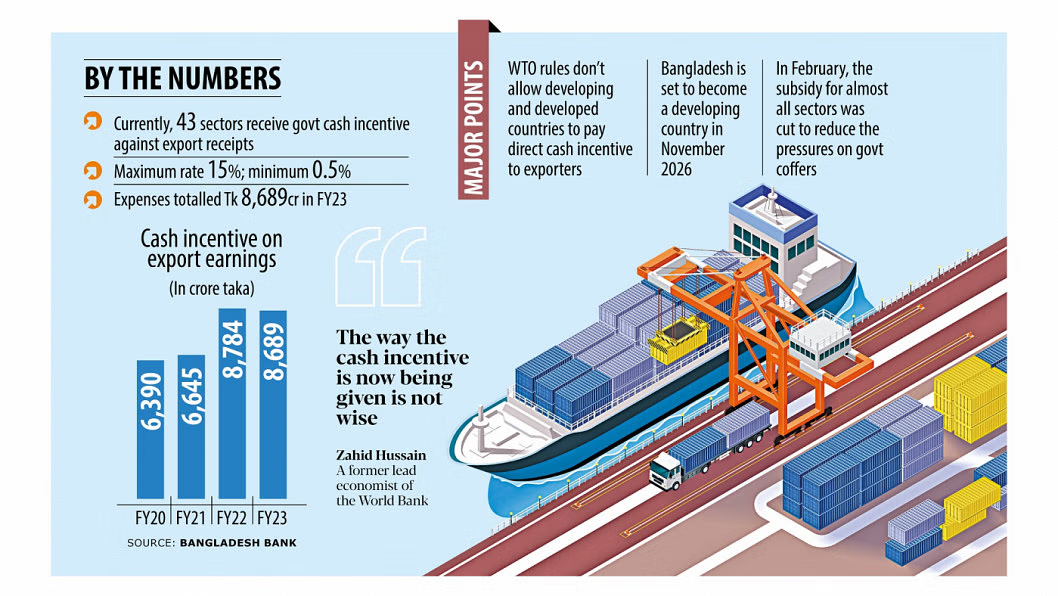Based on the framework of the Social Credit System, FSS is about creating a new form of IT-backed market regulation aimed to improve the behavior of market participants
In the post-Rana Plaza and Tazreen fire era, the Bangladesh RMG industry has made big strides in improving working conditions, boasting 150 LEED-certified green apparel factories at present — the highest in the world.
But there is a lot more to be done, as Danish Ambassador to Bangladesh Winnie Estrup Petersen aptly put in a recent interview with Dhaka Tribune: “LEED certifications mean that factory facilities and buildings are up to the design standard. However, it is also crucial to have compliant workplaces in terms of occupational health and safety (OSH).
“Sustainability in the production takes into account productivity, practices, and labor relations. Yes, the industry can be more sustainable because decent working conditions support a stable labor market, which in turn is good for society and trade,” she said.
And continuing down that path of sustainability and better working conditions, apparel tech startup Merchant Bay has been on a mission to digitize the largest export sector of the country through data-driven decision-making.
The newest addition to its arsenal is the Factory Social Score (FSS) system, which according to Merchant Bay and project partner PrimaDollar, is a global solution to monitor the social and governance performance of workplaces — part of a worldwide initiative to improve Environmental, Social, and Governance (ESG) metrics.
FSS aims to demonstrate the local RMG sector’s social and governance credentials via PrimaDollar’s technology to the global market, as well as provide an evaluation mechanism to propagate access to green finance.
Merchant Bay, which has over 700 factories now onboard its leading marketplace for garment factories, will now be delivering real-time ESG data directly to the factory profile, which is a new class of data that powers a new wave of initiatives to deliver such change across the world markets.
Buyers from the global market are very focused on ESG issues and the system helps to market the efforts of local manufacturers to global buyers whose consumers increasingly demand transparency in the supply chain, the startup says.
“Bangladesh’s RMG sector has set the precedent for green industry and we have taken care of the ‘E’ aspect of ESG. However, social and governance parts such as manufacturer-worker relations, and the local RMG sector’s efforts in that regard, need to be highlighted more in the global market for buyers to be persuaded in choosing us even more,” said Abrar Hossain Sayem, CEO of Merchant Bay.
The FSS system also helps manufacturers in identifying worker relation gaps and addressing them, apart from providing a mechanism to track ESG initiatives that address several Sustainable Development Goals (SDGs), he added.
How does FSS work?
Based on the framework of the Social Credit System (SCS), FSS is about creating a new form of IT-backed market regulation aimed to improve the behavior of market participants in a way that is deemed good by the global market.
The system integrates the social responsibility of companies and, for example, looks at environmental behavior or things that depend on the working environment, wages, rights, and so on.
Although SCS has received a bad rap due to the Chinese government using it to monitor and rate citizens, the system is in wide use elsewhere.
The social scoring system is already being used by leading tech-based startups and IT businesses in the country, said Saquif Dewan, a tech entrepreneur who exports software-based services as well as Information Technology Enabled Services (ITES) to North America.
“Anyone availing ride-sharing or food delivery services using Uber, Pathao, or Foodpanda is already using such systems. Users have access to reviews of individuals using ride-sharing or food delivery services that are connected with the application through which we are making the order or availing services. The reviews are measured on a scale of five stars, with the highest value representing a good score, which represents the social score of users, gained through user feedback,” he explained.
However, according to PrimaDollar, FSS has metrics based on far more diverse variables that give more insights based on additional information from periodically scheduled feedback processes.
With tabs, devices installed within the factories, and the whole data collection process is in the native Bangla language, it provides easier insights.
“Moreover, it provides a mechanism for financial institutions to track SDG and ESG initiatives of the manufacturers, while providing them with access to green finance,” said Munawar Uddin, the country manager of PrimaDollar.
But manufacturers do not see the FSS as a game-changer.
Mohiuddin Rubel, director of the Bangladesh Garment Manufacturers and Exporters Association (BGMEA) and also director of Denim Experts, told Dhaka Tribune that attaining such ESG metrics does not give a price advantage to manufacturers who put more effort into SDGs than others, as buyers think mostly of profit.
“However, it does allow buyers to prioritize to go for factories that offer the same price but an added value addition to its consumers through ensuring these ESGs,” he said.
Rubel also pointed out that although ESGs do not help in offering competitive pricing, it does churn profit as a long-term strategy with utility costs and operating costs going down as manufacturers start sustainable practices, such as lowering water consumption.
















